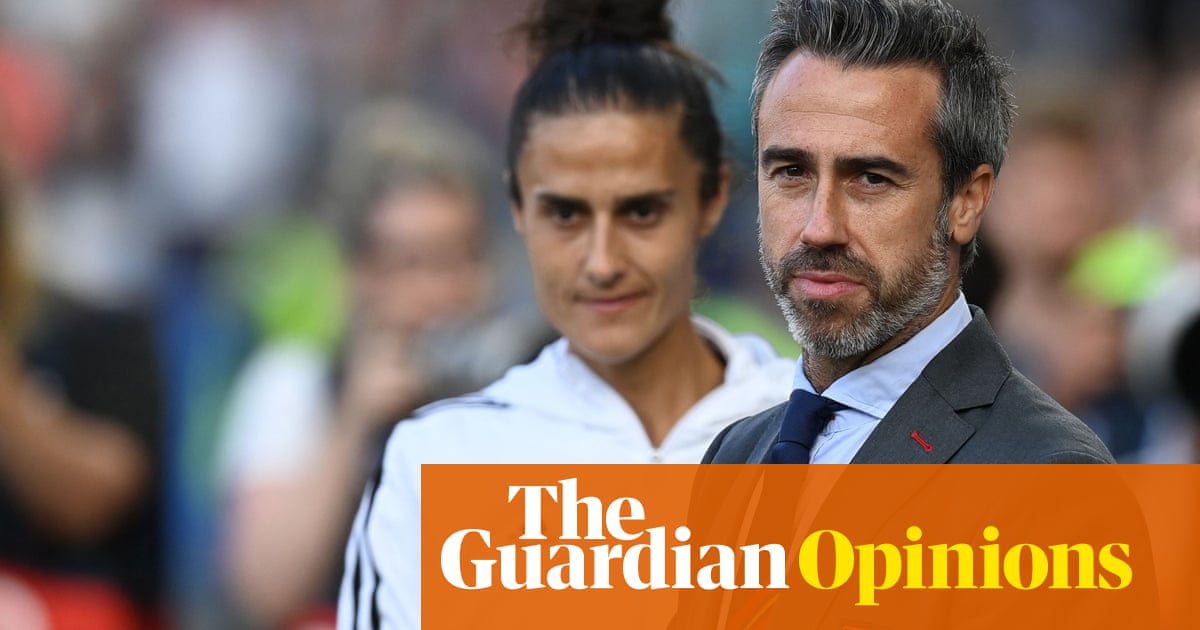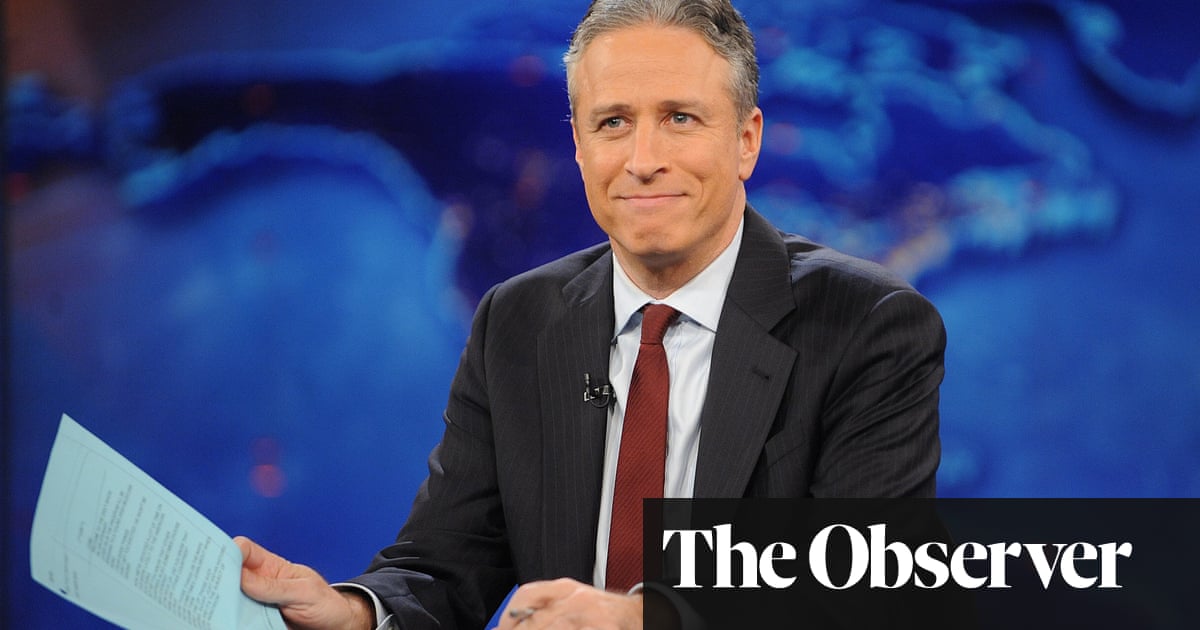
Once upon a time there were 37-year gaps between changes of Democratic Unionist party leader. Now, the party does not manage 37 days.
What to make of the Edwin Poots weeks: a coup against Arlene Foster bereft of political purpose, new polling depths and a nomination of Paul Givan as first minister of Northern Ireland that was opposed by most of the party’s elected representatives.
For Poots it was over before it really began. He will be remembered as the man who managed the remarkable feat of making his predecessor look politically dexterous.
Poots fell at the very first hurdle, unable to grasp the plot. When Northern Ireland’s first minister changes, a deputy first minister has also to be nominated, in this case by Sinn Féin. Otherwise Northern Ireland’s fragile political apparatus crashes. Collapse would mean an election, which would be disastrous for the DUP.
Sinn Féin offered to renominate its northern leader but – to the surprise of no one with even a loose connection to reality – only on condition that either the DUP or the British government introduce lrish language provision. It was first promised 15 years ago, and again in the New Decade, New Approach deal, which restored devolution last year. Checkmated, Poots agreed, but did not square this off with his own party. Hence his forced exit.
A Stormont presence since 1998, Poots was old-school DUP, part of its robust Paisleyite past. His victory was not only a backlash to the Brexit protocol imposed on Northern Ireland, but it satisfied those still resentful at the ousting of its founder and longtime leader, Ian Paisley, bundled from office in 2008. The DUP liked to call itself “family”. Some family.
Poots did not even enjoy a honeymoon hour let alone period. According to a LucidTalk poll, 62% of the public immediately rated his performance “bad” or “awful”. Most grassroots unionists, including DUP ones, wanted Jeffrey Donaldson as leader. Despite him being runner-up to Poots last month, they will now surely get their way.
It is only four years since the DUP was elevated to UK-wide importance by an arithmetical fluke and Theresa May’s hapless campaign in the 2017 general election. The DUP’s Westminster team, and Foster as leader, were seen as midwives to DUP misfortune. Recklessly, they allowed Boris Johnson to use the DUP conference to launch his Conservative party leadership bid, denouncing the trade border between Great Britain and Northern Ireland. Within a year he signed up to that very thing, and the DUP has not recovered from the humiliation.
Foster helped the DUP reach electoral heights it will not revisit. She attracted a broader cross-section of unionist voters than the politically and socially conservative Poots ever could. Now, amid the hideous embarrassment, Donaldson may be the rescue act the party needs. Yet he is at Westminster, and Poots’s man, Givan, is his first minister. Both of those actualities may soon change.
The internal chaos of the DUP might seem of scant concern on the other side of the Irish Sea trade border. But these are volatile times in Northern Ireland. The Good Friday agreement’s political institutions are precarious. The fragile power-sharing assembly, collapsed for almost 40% of the time since the 1998 deal, totters yet again. Another crash might be terminal. Westminster has tired of its antics, already intervening to legislate on abortion and same-sex marriage and now pledging to do likewise on Irish language.
Meanwhile, the DUP boycotts aspects of the protocol’s all-island arrangements, and loyalists have rioted in their opposition. The DUP once provided a partial outlet for working-class loyalism: now the marginalised, angered by the post-Brexit economic detachment of Northern Ireland from Britain, and fearful of a united Ireland, blame the DUP.
April’s riots subsided but could return. Where loyalist representation should exist, there is a vacuum. The DUP is no longer for them, insofar as it ever was; and the Ulster Unionist party, reviving under Doug Beattie but also prone to rapid leadership changes, never was.
Sinn Féin will surely take the first ministership from the DUP at the looming assembly elections. That will be a symbolic blow, further demoralising a unionism struggling against unfavourable demographics and movement into the centre ground. Would the DUP return to Stormont post-election, to operate in reduced circumstances?
But the game may not yet be up for the DUP or Northern Ireland’s place in the union. Donaldson – assuming it is he – may arrest the chaos. Surveys suggest most people think Northern Ireland will remain in the UK for at least another decade. But at Poots-style rates of attrition, the DUP would need another 100 leaders to see that decade through.
Jon Tonge is professor of politics at the University of Liverpool and co-author of The Democratic Unionist Party: From Protest to Power












